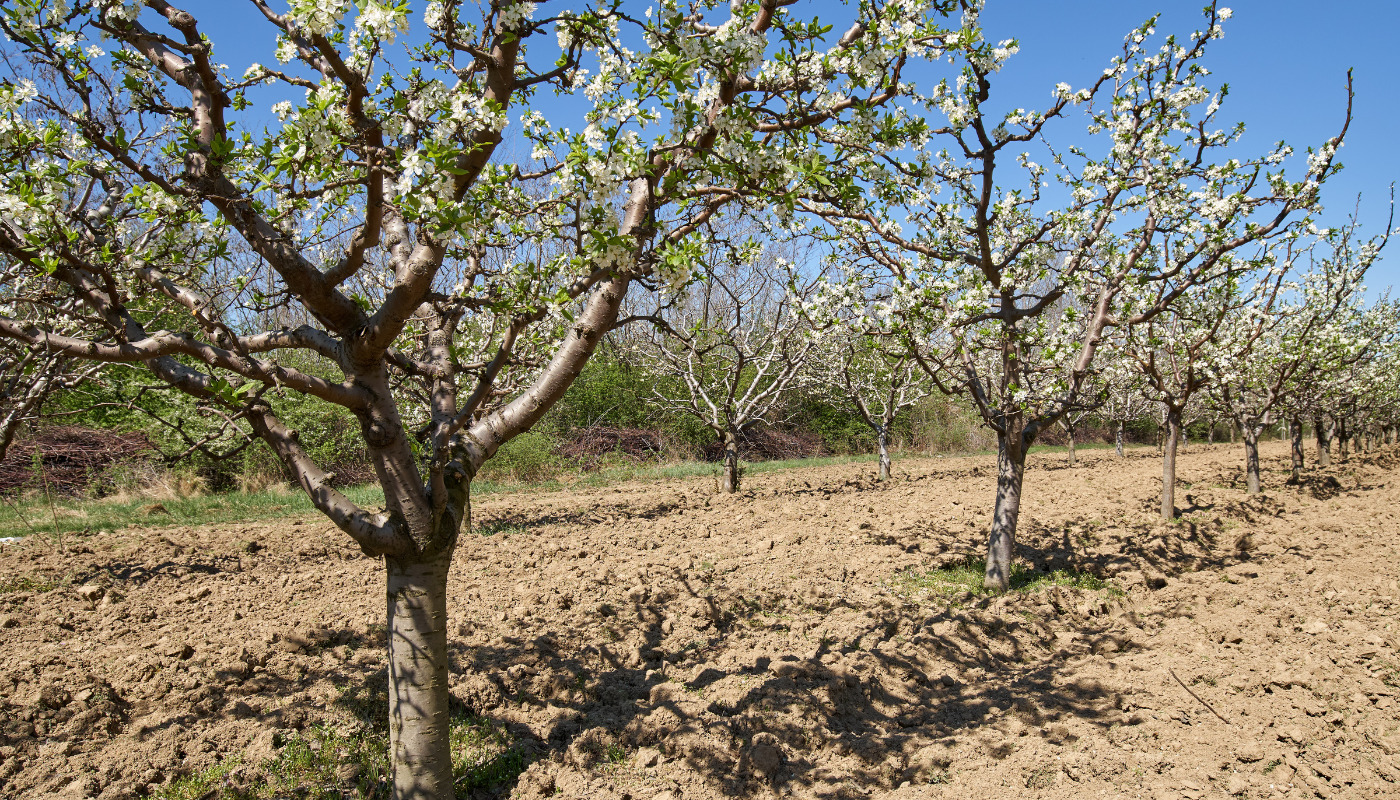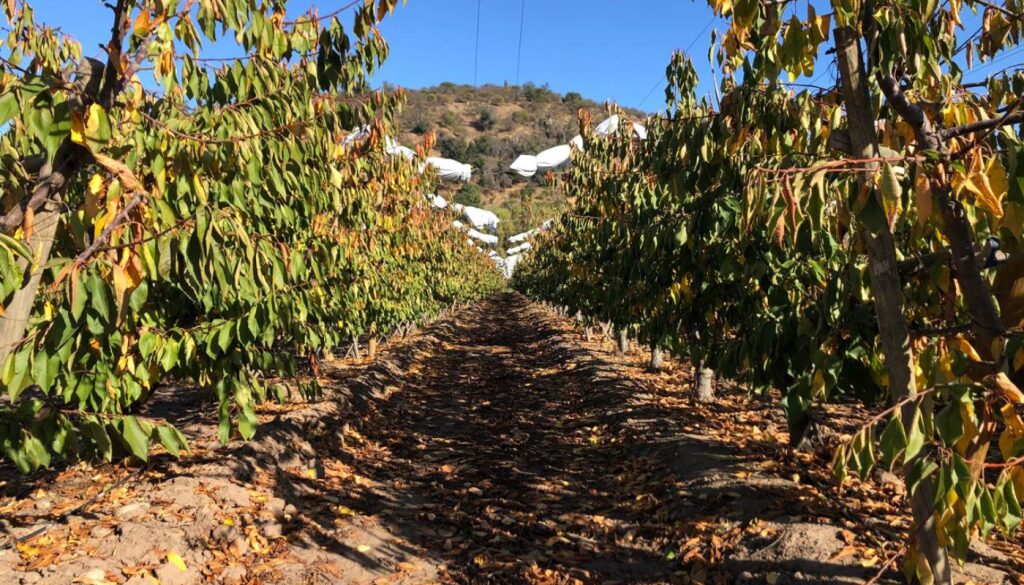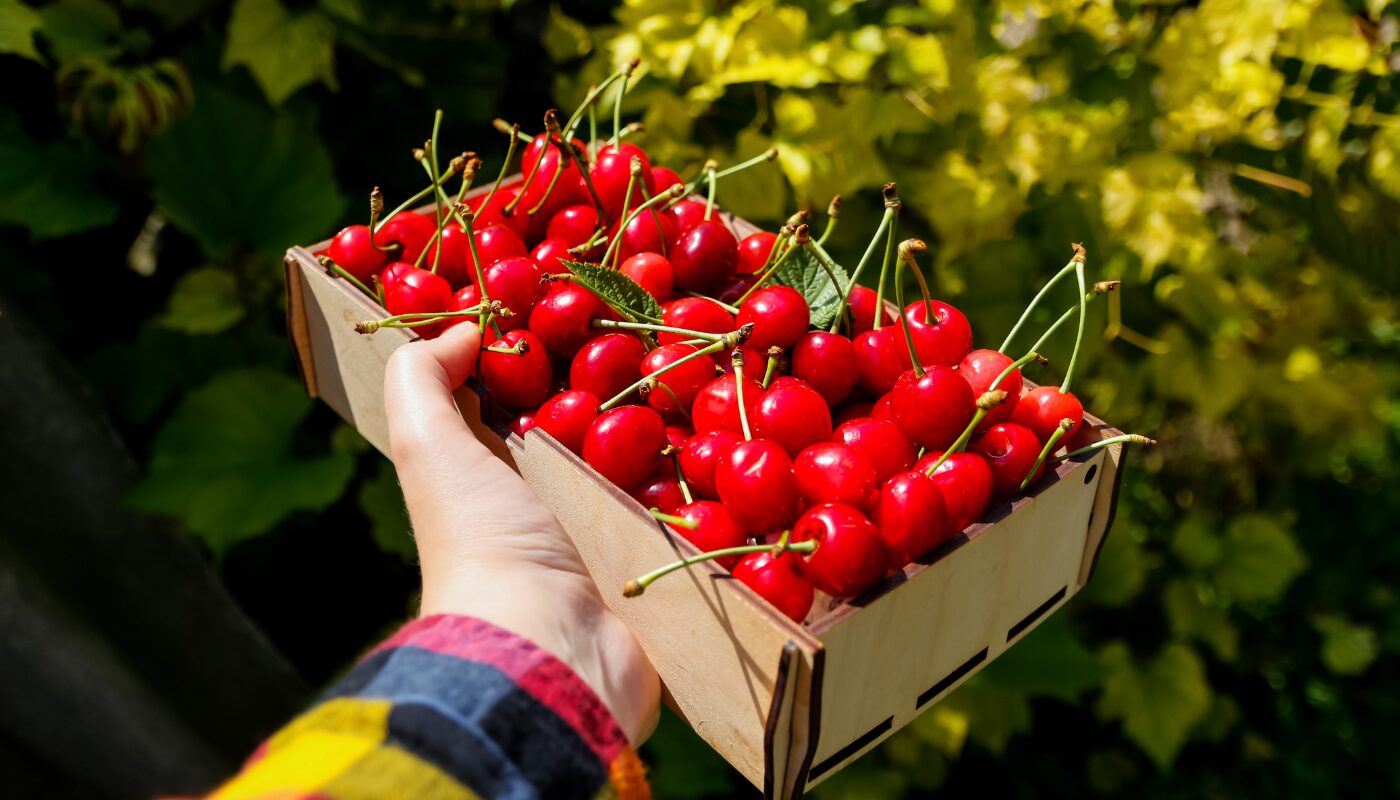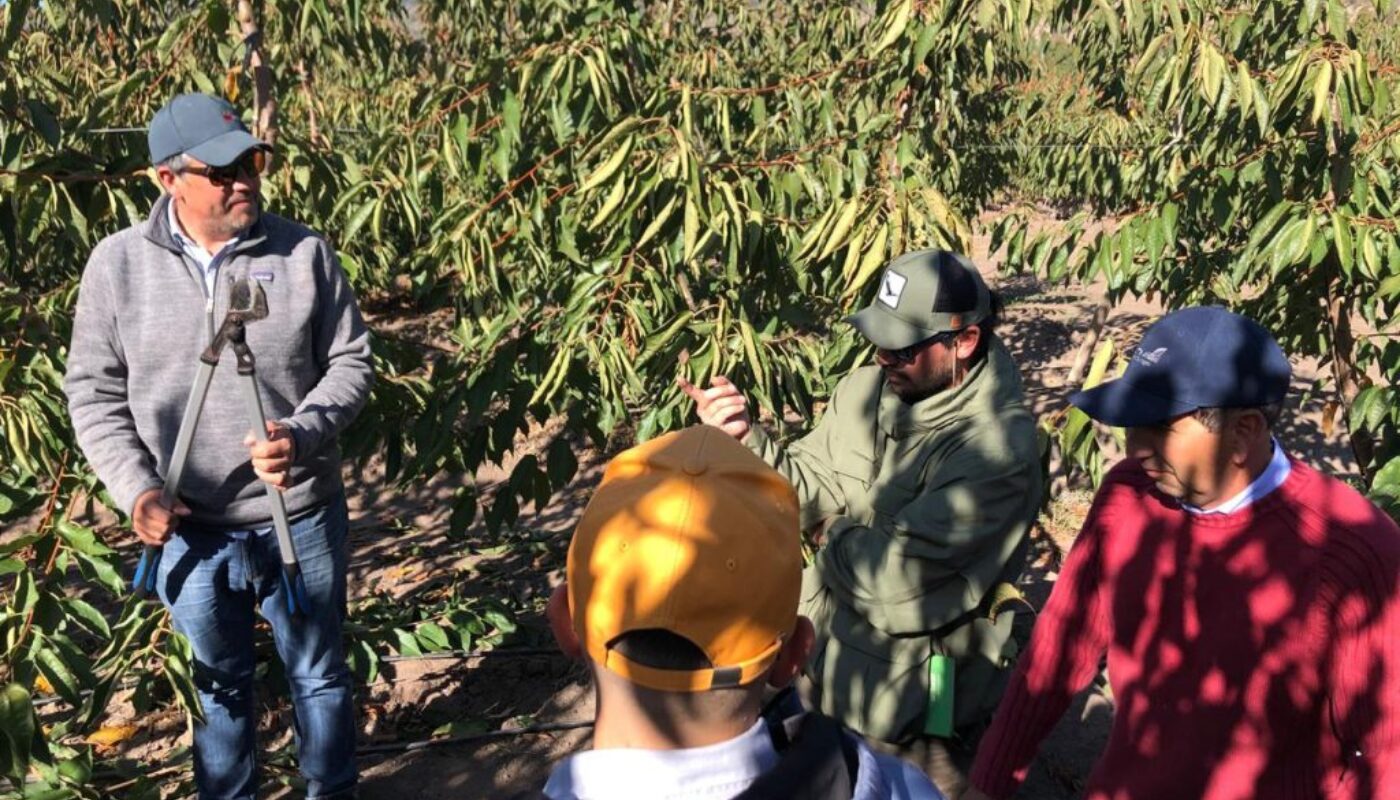Since 2012, the Washington Tree Fruit Research Commission has carried out various field studies to analyze and evaluate crop residues of various insecticides, acaricides and fungicides, commonly used in cherry production in the northern hemisphere.
This work, which was carried out annually, aims to provide more information to cherry producers to help them make better decisions and, in turn, obtain better results.
The trials were conducted on mature multiple leader open vase trees on 10’ x 20 spacing near Orondo, WA; 2012-2020 trials were conducted on ‘Bing’/Mazzard and 2021-2023 trials on ‘Skeena’/Mazzard.
Among the results the following stands out:
- Residues measured for all treatments in all years complied with domestic tolerances set by US EPA.
- Residues of some pesticides were decreased on fruit which received hydrocooling, but results were too inconsistent and unpredictable to consider it a reliable method for reducing residue levels.
- Application of the rain protectants RainGard and Parka consistently increased the persistence of pesticide residues, particularly for chemicals applied shortly before harvest.
- While ground applications of emulsifiable concentrate formulations of malathion are known to leave higher residues on cherries, only one of eight samples in these studies produced a detectable residue (0.012 ppm) when sprayed by helicopter with an ultra-low volume formulation the day before harvest.
- All samples of cherries treated with Torino, Asana XL, Danitol 2.4EC, Cevya, Miravis, or Bexar produced residues greater than 0.01 ppm which exceed MRLs currently posted in some key export markets.
For results from specific years, please review annual reports of these studies, as well related projects conducted on California cherries in 2011, at www.treefruitresearch.org. For more information on MRLs or other regulatory issues, please consult the Northwest Horticultural Council at www.nwhort.org
